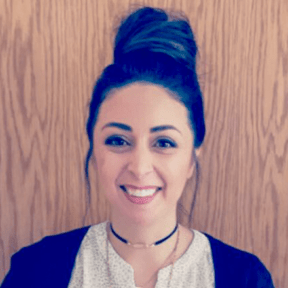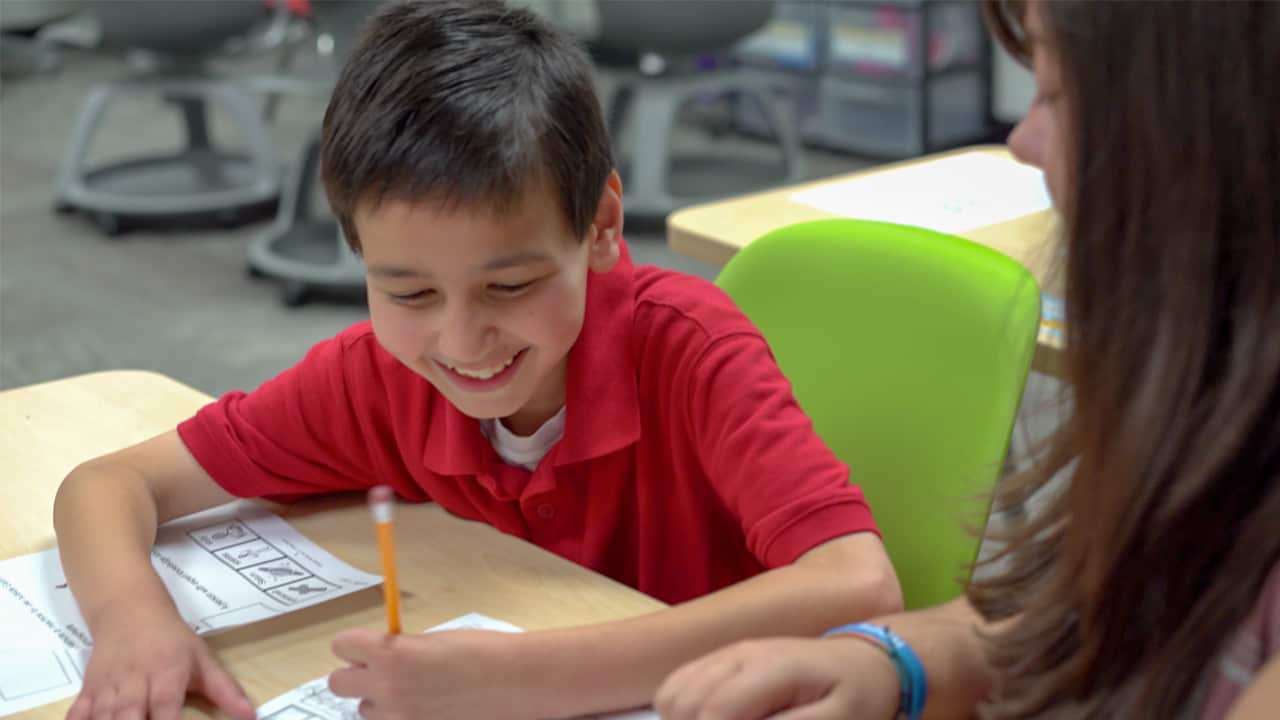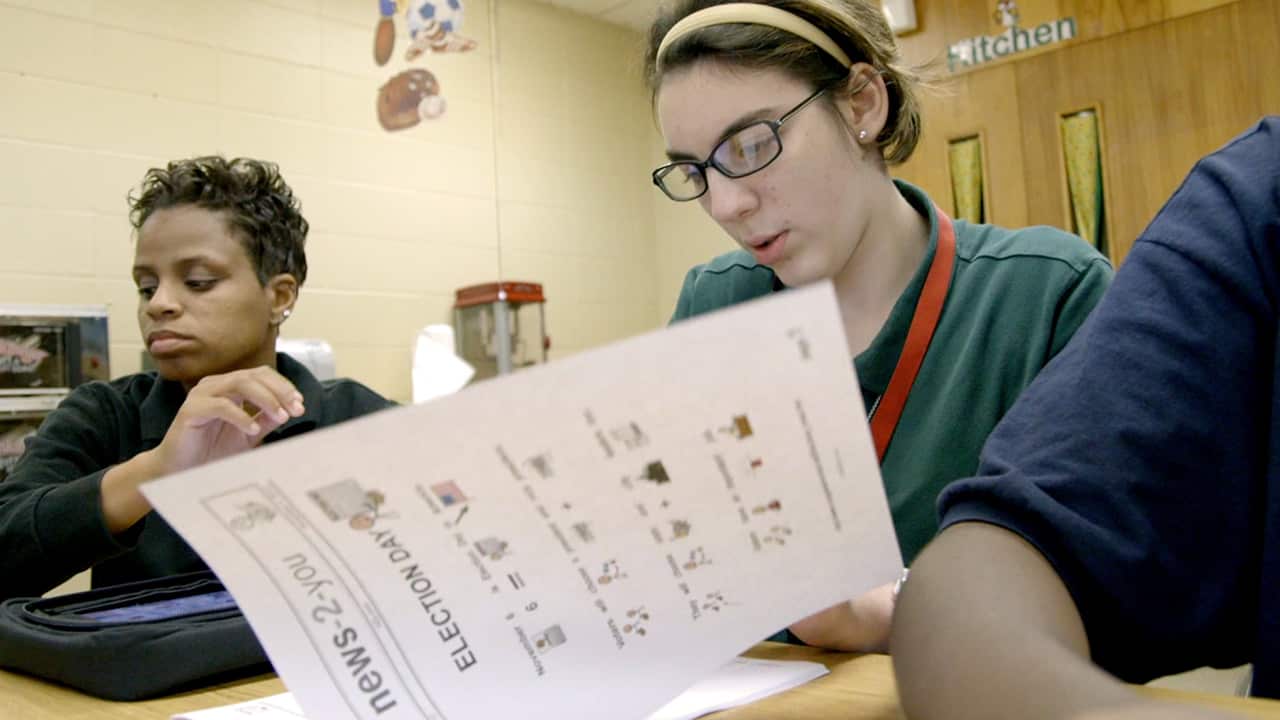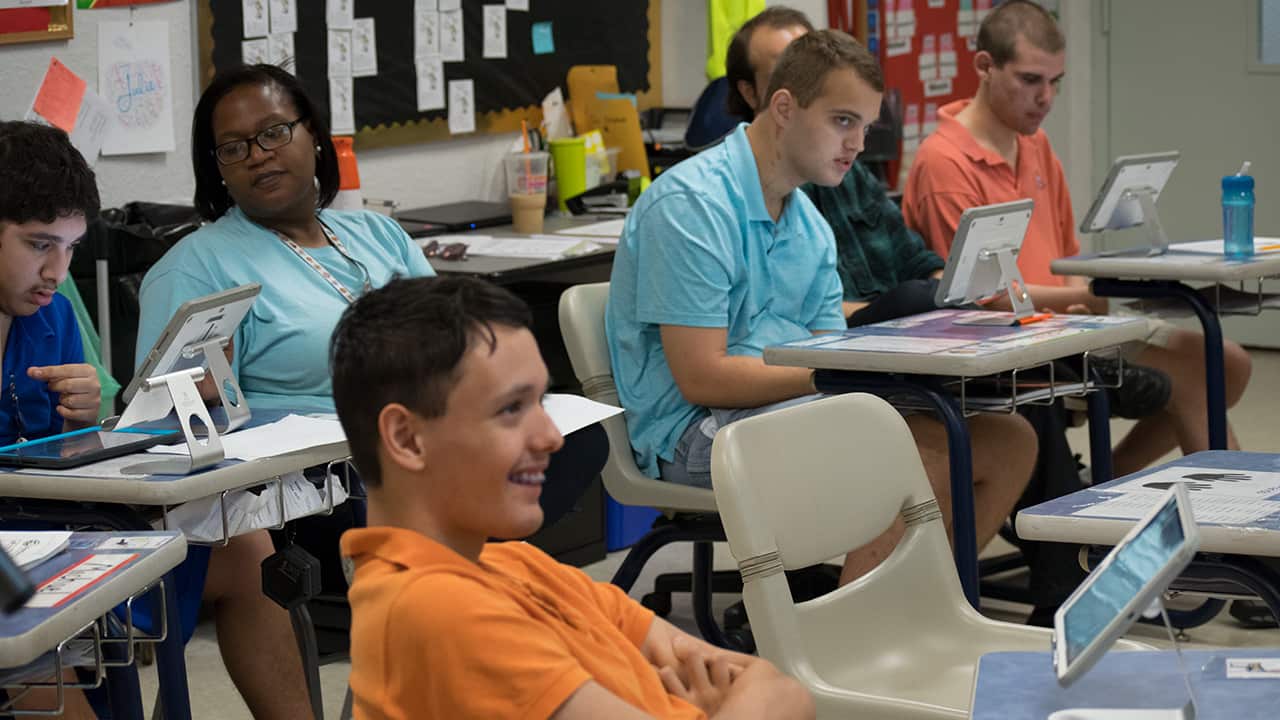This type of learning allows students to better understand and recall material by actively engaging with it and making their own connections. New knowledge becomes stored in long-term memory—not just quickly regurgitated facts that are lost as soon as the exam is complete. Inquiry provides a deeper understanding of content knowledge while improving critical thinking, executive functioning and collaboration skills. For special education students specifically, inquiry has been proven beneficial as it supports alternative learning styles while reducing the emphasis on memorizing facts.
What Is Inquiry-Based Learning?
Well, we gave it away in the title”¦ it’s an approach designed to boost student engagement! We retain 75 percent of what we do, compared with 5 percent of what we hear and 10 percent of what we read. Maslow’s hierarchy naturally emphasizes inquiry-based strategies and exposures. IBL is an effective method of instruction for all students, including students with unique learning needs, and should be used as much as possible when appropriate. Studies have found that this method of teaching is beneficial for students who are in a self-contained classroom, resource room and inclusion settings. This method of instruction and learning is critical in creating meaningful experiences across multiple subjects and is most easily implemented in science lessons for students with special learning needs.
IBL asks students to take more responsibility for their learning and ensures they remain on task and motivated because the direction of the learning is being controlled by the students, which naturally encourages engagement and participation. The cognitive skills that students develop can also be used to demonstrate and improve comprehension across all subject areas, as well as being generalized in day-to-day life and living skills.
How to Encourage Inquiry in the Special Education Classroom
- Answer/acknowledge all questions. If a student’s question is not at least acknowledged they are significantly less likely to continue to inquire in the future. Something I introduced in my classroom this past school year is a Wonder Wall. If a student asks a question that is not on topic, or we are not able to address it at the moment, it is written down on a Post-it and placed on the Wonder Wall. This allows the respect to be given to the question and, depending on what the topic is, I can either build a lesson around it, find resources or simply open a discussion about it during snack time. The important thing is that the students’ voices are heard. This can be adapted in any number of ways: students can write the question, fill in the blank, respond to a sentence prompt or illustration provided by the teacher, or you can try teacher scribing. Make it work for your classroom needs.
- Writing, drawing, speaking, scribing, pointing to a picture exchange system, visuals, photos—these are all appropriate, adaptable and inclusive options in any environment.
- Inquiry Discovery Model: The 5 E Model is a recommended breakdown of IBL. The 5 E Model steps usually include:
- Engagement—motivate the student, ask questions
- Exploration—students manipulate materials and discover on their own
- Explanation—students share their discoveries and the teacher may introduce theories and content
- Elaboration—students create new connections to other concepts or real-world problems
- Evaluation—students should evaluate themselves and the teacher should use formal and informal evaluations to check for understanding of the concept.
How to Adapt Inquiry to Make It Accessible for All Learners
- Use the 5 E method with all students.
- Set inquiry objectives with consideration of the specific learners in your classroom.
- Program AAC devices with questions or question prompts (“can the” “does it” “will he”)
- Be open-minded as to how the model could apply to communicating through writing, drawing, speaking, pointing, AAC, etc.
- Model inquiry yourself (point to the cover of a book and say, “I wonder ______,” “I am curious if _____,” “How does that work?” Then build on this over time by asking your students, “What do you wonder?” after presenting material).
- Use visuals to cue beginning a sentence: who, what, will, is, does, why.
- Photos are good prompts for inquiry: What do you wonder about this photo? What can you add on to this photo? What does this remind you of? What do you think happens next? Begin to allow students to question, respond and lead the conversation. Go on the journey that they take you on.
- Project-based learning: Unique Learning System has weekly lessons that are already adapted and ready to use in the inquiry-based models for science experiments, cooking lessons and much more. These are great resources to begin your journey and help you focus more on the discussions, communications and embodiment of sustained student engagement.
- An example of building inquiry into a reading lesson summative:
Following a book: “What questions would you ask the author/character?”
How to Get Started with Inquiry‑Based Learning
Sometimes we have to bring it back to the basics. Below are some tips or ideas for implementing IBL in your classroom. Think about what would work best for you and your students. This may be a starting point, sparking you to consider a variation that would work best.
- Make inquiry an expectation. Think of all of the “how cans” instead of the “why nots.” Our students often rise to the occasion when we provide access to higher-level expectations with support.
- Ask “What questions do you have?” instead of “Does anyone have any questions?”
- Teach and model how to ask questions. I have tried to frame my teaching mindset around it being my job not just to give my students information, but to teach them how to ask the questions that will prompt them to find the information themselves.
- Once they are asking the questions we then look to find the answers together through hands-on experiments, looking up information (from a reliable resource) or even asking an expert.
- Share examples of this process, either from other students or teacher-created, if necessary. This is a great opportunity for inclusion and peer modeling.
- Start small, and allow for initiating inquiry with: choices, predictions, opportunities for personal responses and personal connections.
- If this is new for you, introduce IBL during a certain day of the week or subject area. Examples: mystery Monday, genius hour, science or reading class.
IBL teaching doesn’t need to feel daunting, it just needs to feel inclusive and allow for students to participate and engage in their own learning.
Reflection: The Final Stage of Inquiry
If we are going to teach inquiry-based learning, we should try it ourselves, right? Reflection does not have to be complicated, it just has to be accessible. Building inquiry will sometimes go better than expected and at other times you may miss the mark completely—keep working toward finding your balance.
Commend yourself for trying something new and reflect on:
- What went well?
- What can I do differently next time?
- How can I get all students to be inquirers each day?



